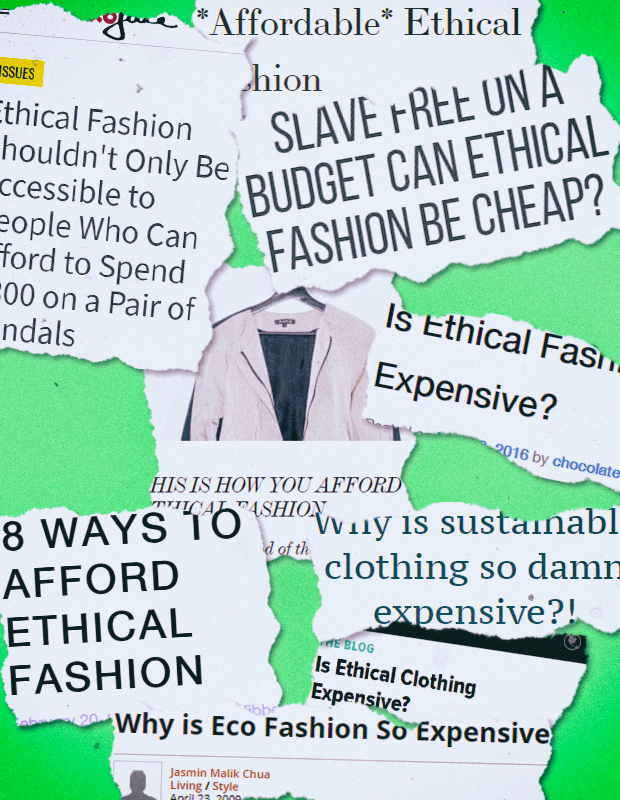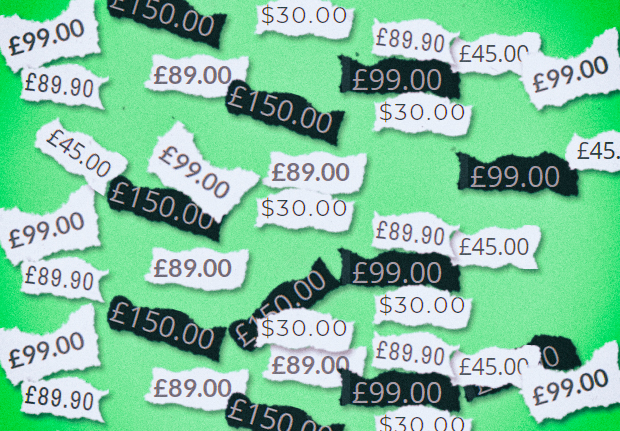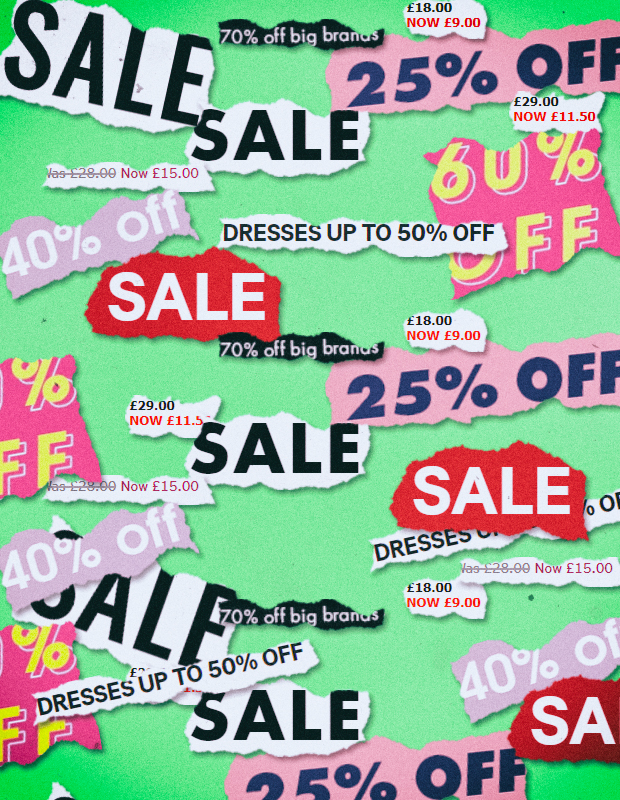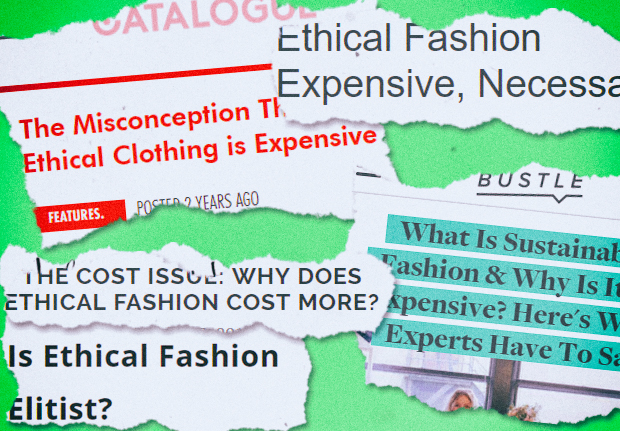Your mind can be overflowing with questions when you first enter the world of ethics and sustainability; in fact, it will probably stay that way for the foreseeable future and for a good reason. Having issues close to your heart and being sparked by curiosity is what helps move us forward, so, to help aid this – I’m answering some of your questions in an easy Q&A format…

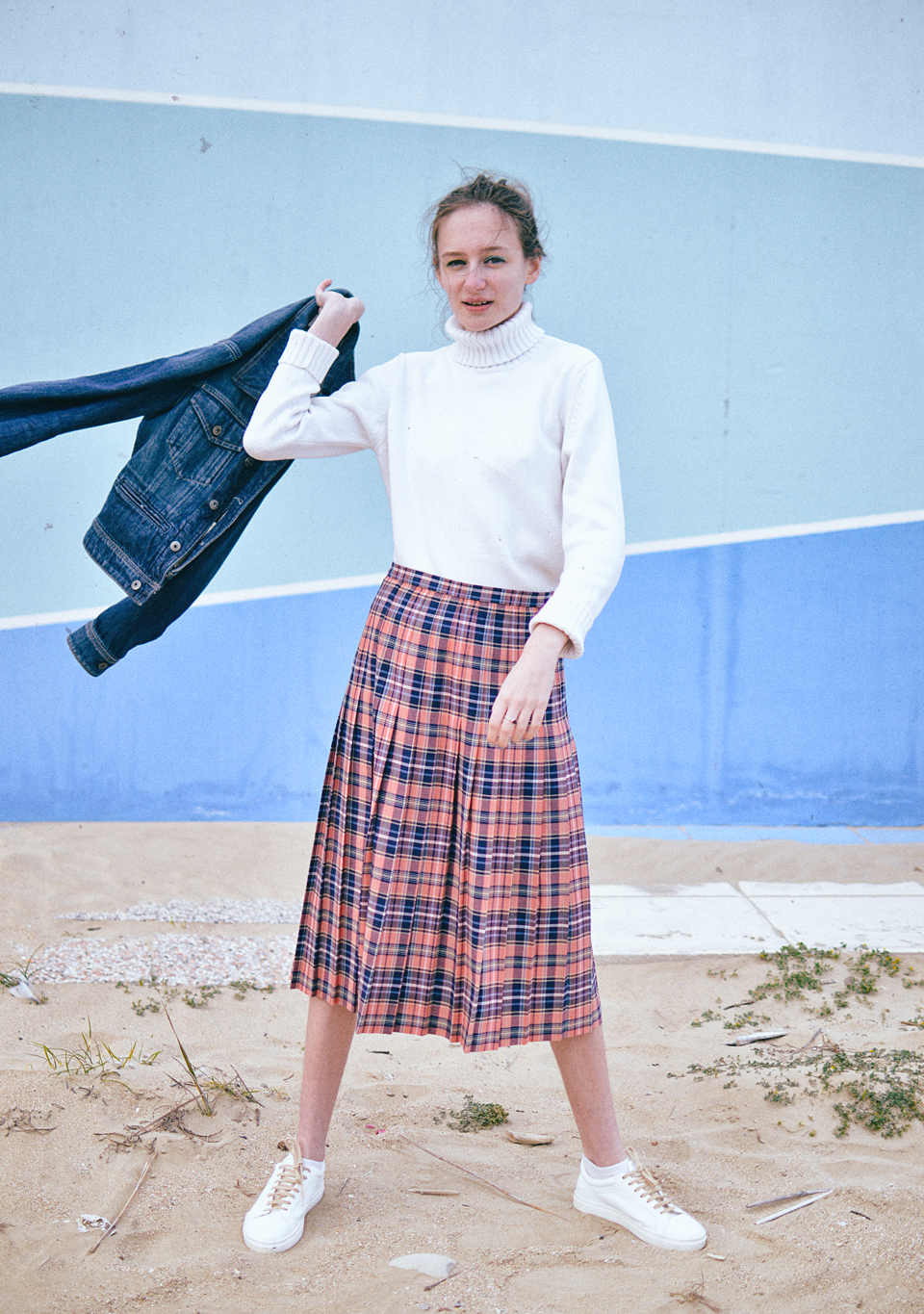
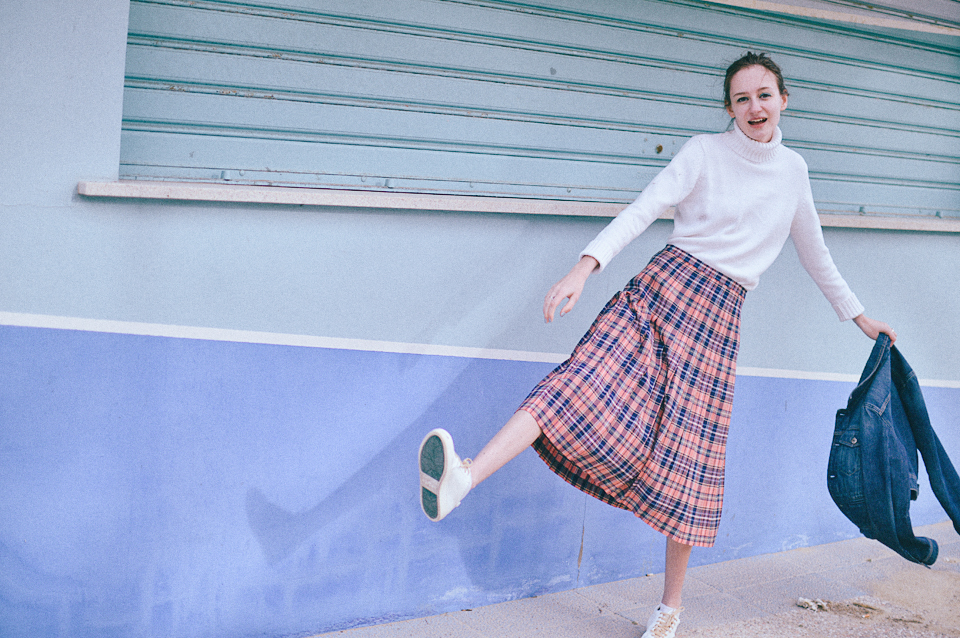
WHAT I WORE: Denim Jacket (G-STAR RAW)* // White Rollneck Sweater (Charity shop) // Pink Tartan Kilt (Charity shop) // White Sneakers (YATAY)*
How do you spot greenwashing?
If you’re unsure what the term ‘greenwashing’ means, it’s essentially when sustainable or environmental concerns get glossed over by small (or even false) attempts at being sustainably conscious, intentionally or not.
If you take a look through my archives, I’ve answered this question previously and explained in more detail about what greenwashing really is. Some of my tips included looking at whether a brand is shouting about ethics or not; looking at what information is easily accessible and finding out what progress a brand is making.
For example, if a fashion brand launches a new ‘sustainable collection’, try and find out exactly what sustainable means and whether sustainable principles go into every detail. If that ‘sustainable collection’ is based on using recycled materials, that’s a great step in the right direction, however – if the garment workers who manufacture that collection are still being underpaid, you do have to ask where the brand’s priorities really lay.
I personally always pay attention to what the brand is shouting about or what its overall brand ethos is; trust your gut and work from there. Obviously, it is important to appreciate minor steps a brand makes in becoming more sustainable but in a time where we have an 11-year countdown clock until irreversible effects of climate change could occur, I think we need much bigger commitments and fast.
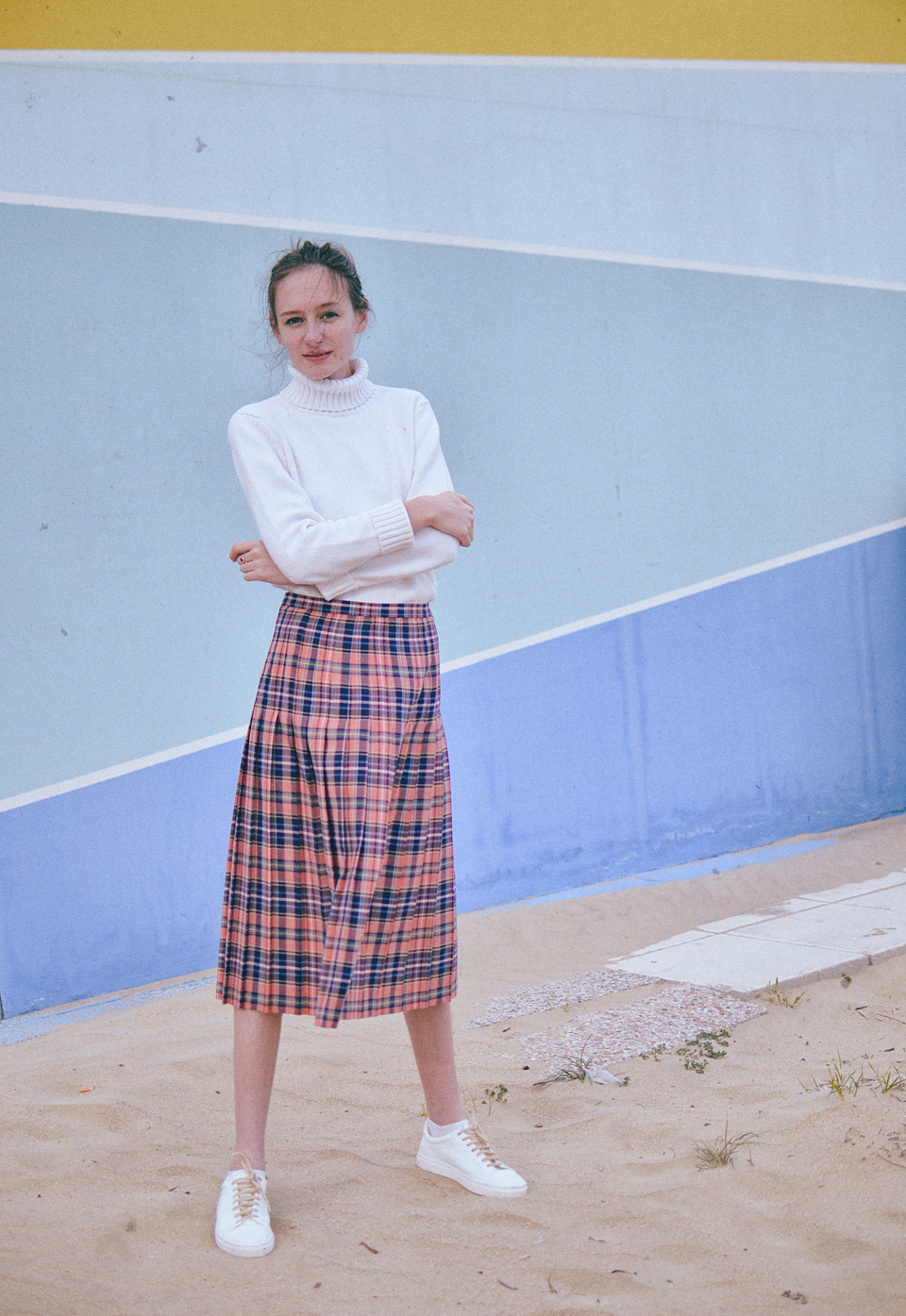
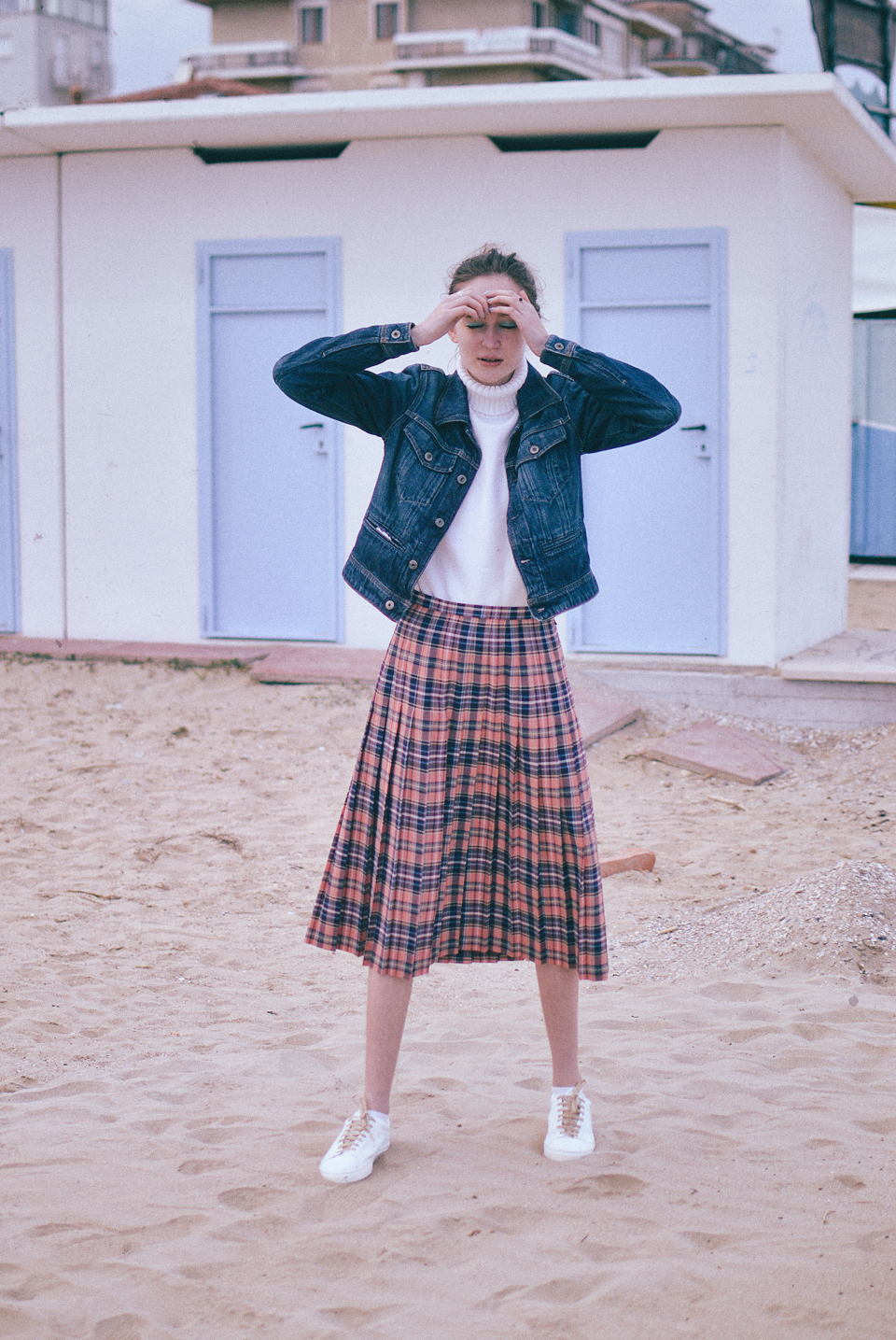

Do you have any advice on encouraging other people to buy less fast-fashion without seeming rude or demanding?
I’m sure many people can relate to this frustration. Trust me, I’ve been there having conversations over the dinner table which have ended up heated and alive with passion. It’s not fun to have the principles close to your heart, seemingly attacked, or to have people become defensive and offended because they think you’re implying that they, a single individual, are the reason behind bad working conditions in clothing factories and the toxic dyes and chemicals being poured into rivers.
I believe consistency and subtlety are key. Be consistent by making it obvious it’s something you care about but be subtle in how you approach it – it could be by explaining why you would rather pop into a charity shop than a high-street store when out shopping with a friend, or it could be suggesting a really great documentary you watched (like The True Cost), when somebody asks you what they should watch on Netflix.
You could also gift educational books if you want people to understand why you care about a certain issue so much. Not only will this provide them with the tools to shift their mindset themselves but it will also enable them to learn more about you.
This can apply to a lot of sensitive topics, not just the topic of conscious consumption and buying less fast-fashion.

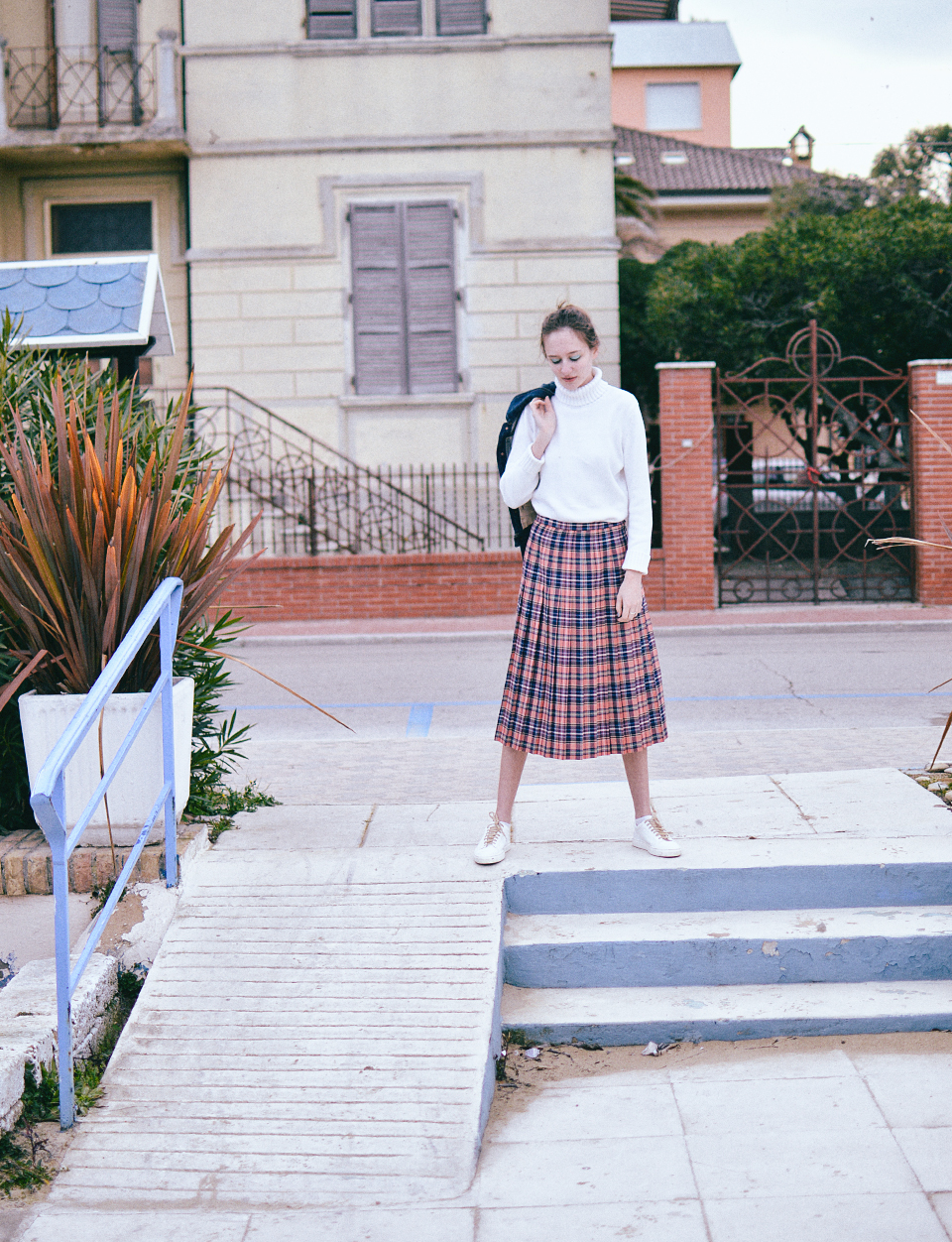
Top tips for buying ethical clothing on a budget?
This is always a common question, understandably. I have three different answers. Firstly – shop second-hand if you’re able to. I understand that second-hand shops aren’t always accessible to everyone and that depending on where you look, thrifting isn’t always size-inclusive. However, it’s always the most affordable and sustainable option.
You don’t even really have to think about ethics because you’re not buying new (you might just want to understand where your money goes if it’s a charity shop or part of a chain of thrift-stores).
Secondly – shop the sales of ethically-focused brands. They do have them and it’s a great way to support brands who align with your values when your budget is limited.
Lastly – shift your mindset! This is the ‘alternative’ answer because it takes time to fully grasp a hold of. The more you learn, the more you’ll end up caring and for me, that looked like drastically cutting down on what I was buying, leaving me more room to save up and spend on investment purchases.
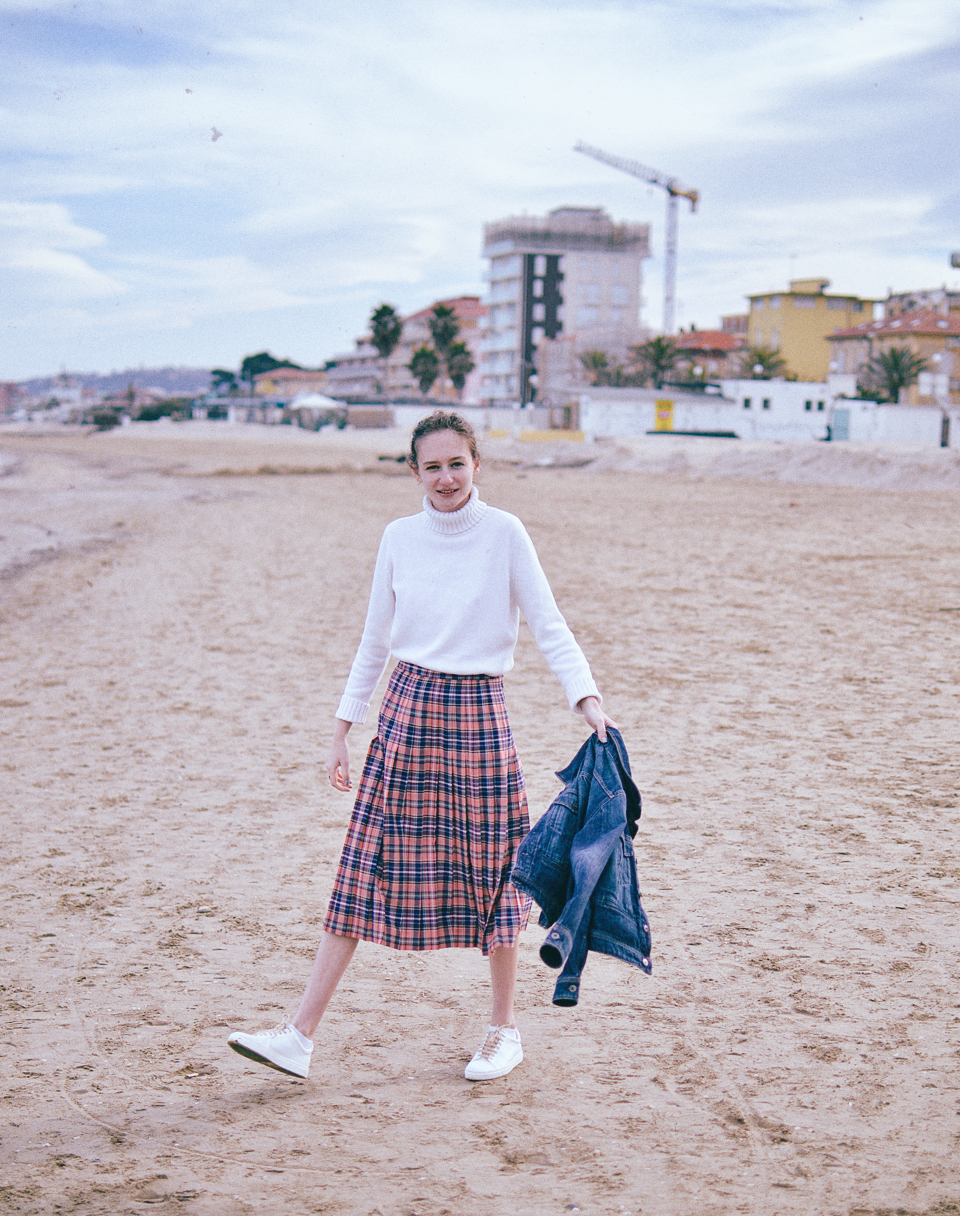

What sort of things should I be investigating when trying to find out how ethical a fashion brand is?
My greenwashing piece is also a great one to read for this, as it breaks down the Fashion Revolution Transparency Index and the different types of commitments major brands are starting to make. It might also be helpful to make sure you know the difference between ‘ethical’ and ‘sustainable’ because those lines can become blurred, making it harder to work out what brands are the right fit for you.
Luckily for you, I have a whole post dedicated to the definitions of ‘ethical fashion’ and ‘sustainable fashion’.
How do you stay motivated? I often feel very discouraged and like it’s not worth it.
I’d heard this dozens of times in the past and it always made a little defensive because I had reasons as to why I wasn’t but… getting out there really helps. I’ve only just started taking my activism work out into the real world (i.e off of the internet) but experiencing it in more tangible ways, has already made a huge impact in how I view the work that I’m doing and what I’m doing it for.
It has also made me feel less alone because seeing faces on a screen is so different from having flowing conversations and debates, face-to-face. One of my favourite experiences so far was attending one of the Youth Climate Strikes in London; there were 20,000 other young people marching alongside me and for once, having hope didn’t feel quite so naive.
If you’re under 25, I suggest following Extinction Rebellion’s Youth group to see how you can get involved with their protests and campaigns.
Have any more questions? Leave them as a comment and I’ll see how I can help!
(All items marked with an asterisk* were gifted to me within the past year)







